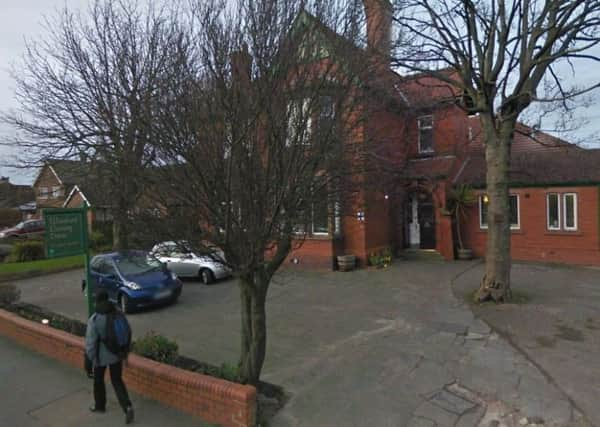'˜Concern and debate' after nurse disciplined for not giving dead woman CPR


Despite the pensioners not breathing and being ‘yellow, waxy, and almost cold’, with no signs of life – including a pulse – the Nursing and Midwifery Council (NMC) said Jane Frances Kendall should have also called 999.
Advertisement
Hide AdAdvertisement
Hide AdBut after the hearing was reported in The Gazette and picked up by other media outlets, the British Medical Association (BMA), Resuscitation Council, and Royal College of Nursing released a joint statement urging regulators to follow their official guidelines.
The guidelines say there is ‘an initial presumption in favour of CPR’, but adds: “There will be cases where healthcare professionals discover patients with features of irreversible death – for example, rigor mortis.
“In such circumstances, any healthcare professional who makes a carefully considered decision not to start CPR should be supported by their senior colleagues, employers, and professional bodies.”
The three organisations said the NMC’s ruling sparked alarm ‘among nurses and other healthcare professionals, due to fear they may be at risk of similar criticism or disciplinary action’ in the same circumstances.
Advertisement
Hide AdAdvertisement
Hide Ad“Whilst death can be certified only by a registered doctor with a licence to practise or by a coroner, death may be confirmed by other health professionals, including paramedics and nurses,” they said.
They said staff should be protected from an obligation to attempt CPR on people ‘who may not have wanted it but had been offered no chance to discuss their wishes’, and those whose ‘death is irreversible’.
They added: “We urge regulatory bodies to consider any similar event with regard to its individual circumstances and, when doing so, to take the national guidance into consideration.”
Ms Kendall, who was suspended following the 85-year-old’s death in November 2014, expressed regret at the hearing and said that, faced with a similar situation, she could carry out CPR and dial 999.
Advertisement
Hide AdAdvertisement
Hide AdShe has since undergone re-training, including in end of life care, dying, and verification of death, the panel heard, though it said there was a ‘low risk of repetition’.
Leenah Gutty, area manager at Moorland Nursing Home, said Ms Kendall ‘is doing her job with great responsibilities when she is in charge of her shift.’
An NMC spokesman said: “We recognise that for a nurse or midwife, making decisions around whether or not to administer CPR can be very complex.
“It is not the NMC’s role to provide specific guidance on administering CPR and every decision should be made by the nurse or midwife based on careful consideration of the individual circumstances.
Advertisement
Hide AdAdvertisement
Hide Ad“In order to assist with this complex decision making process, organisations have local policies in place, and the NMC’s Code for nurses and midwives sets out a number of key areas for which nurses and midwives should have regard in this area.
“It is also important to recognise that nurses and midwives may only certify death where they have in place the appropriate training to do so and nurses and midwives should take this into consideration when making any decisions around the administering of CPR.
“When making a decision, a panel will take into account all the evidence which they feel is relevant to the individual case in order to help them reach a decision.”
“Any review of a panel’s decision would have to be undertaken by the Professional Standards Authority (PSA) and this can only be done where they think that the original decision is not sufficient to protect the public.”